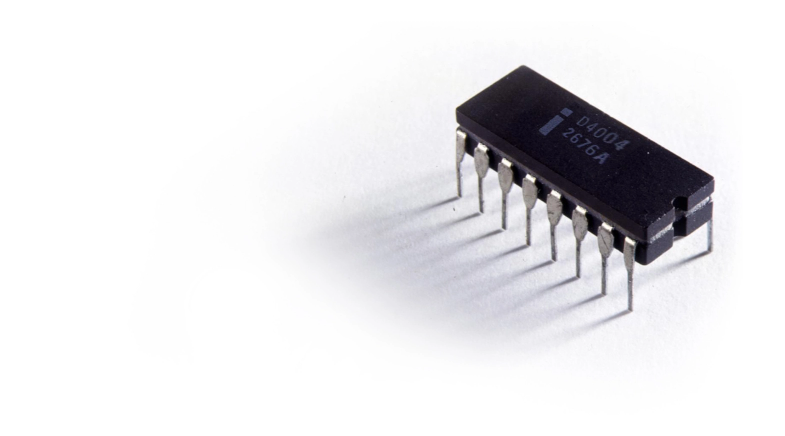Slim chances
-
- from Shaastra :: vol 04 issue 10 :: Nov 2025

A homegrown bacterial cocktail may blunt fat's effects.
For nine weeks, 32 mice housed in cages gorged on a high-fat diet, gaining weight and accumulating fat in their livers. By human measure, their regimen mirrored decades of carefree indulgence in rich, fatty fare – from early adulthood into middle age. But while all the mice ate freely, some drank plain water, the others received water laced with a cocktail of three carefully chosen bacterial species.
The mice experiments at RK University in Rajkot, Gujarat, have provided fresh evidence that probiotics – health-friendly bacteria – could help prevent and even reverse obesity. The mice that drank the bacterial cocktail gained less weight, had lower cholesterol, healthier livers, and less inflammation – signs the three species worked together to blunt the high-fat diet's effects.
"Although multiple anti-obesity drugs have hit the market in recent years, we believe probiotics promise a gentler route," says Vijay Kumar, Professor of Microbiology at Bhagwan Mahavir University in Surat, who led the research. "The goal is to nudge metabolism back into balance."
Over the past quarter century, researchers have uncovered how complex mixtures of bacteria in the gut – collectively numbering in trillions – influence myriad aspects of health, from digestion and immunity to brain function and mood.
Among the earliest clues that probiotics might counter obesity came in 2008, when researchers at Johns Hopkins University in the U.S. found that probiotic treatment improved fatty liver and insulin resistance induced by a high-fat diet in mice (bit.ly/probiotics-fat).
Since then, human trials have added to the evidence. In one study, paediatrician Flavia Prodam at the University of Piemonte Orientale in Italy and her colleagues gave 100 obese children, aged 6 to 14, a calorie-controlled diet; half of them also received two probiotic strains of Bifidobacterium breve. Those who received probiotics lost more weight and showed greater improvements in metabolic health, the Piedmonte team reported at a European Society of Endocrinology conference in 2020 (bit.ly/probiotics-metabolism).
PAST ISSUES - Free to Read


Have a
story idea?
Tell us.
Do you have a recent research paper or an idea for a science/technology-themed article that you'd like to tell us about?
GET IN TOUCH














